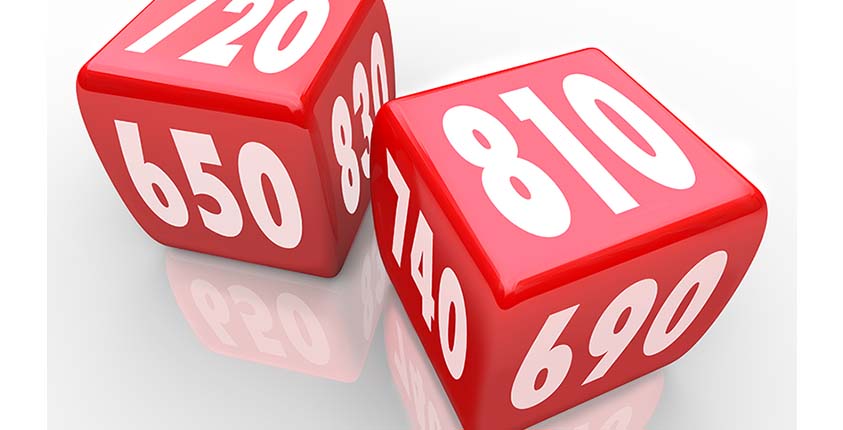Consultant’s Corner: Establishing Business Credit Rating

Q: How do I improve my business credit score?
To establish and build a separate credit history and rating apart from the credit history and rating of its owner(s), a business must establish a separate credit file with the credit bureaus or rating agencies. For example, a sole proprietorship (with or without a Doing Business As or DBA name for the business) or single member or owner LLC that uses its owner’s SSN (or other tax ID) when applying for business credit will not establish a separate business credit history and rating. Instead, the business credit history will be incorporated into the business owner’s personal credit history and reported along with non-business personal transactions in the business owner’s personal credit rating. The credit bureaus will not parse out only business-related transactions to create a business credit rating from a personal credit history, since everything that is reported under an SSN is classified as personal. Therefore, the credit history associated with any business credit cards or loans you may have that are linked to your SSN will remain incorporated into your personal credit report and rating. Credit cards and loans linked to your SSN cannot be moved or transferred to your business credit file. You can review articles regarding personal guarantees on business credit cards at the following websites:
Most credit reporting and rating services today are provided by or through the three major credit bureaus – Equifax, Experion or Transunion. However, in terms of business credit reporting, the most common resource for business credit checks and other business credit services is Dun & Bradstreet (D&B). A good credit rating is important for most businesses, but establishing and developing a business credit rating through D&B and other credit rating companies, of course, takes time. The first step in building a business credit rating is to keep your business activities separate from your personal finances with a Federal Tax ID number, also known as a Federal Employer Identification Number or EIN, which must be obtained from the IRS. EIN information can be found at the following IRS website:
https://www.irs.gov/businesses/small-businesses-self-employed/employer-id-numbers-eins
A company with its own EIN can build a credit history through its mortgage, suppliers/vendors, business lines of credit, term loans, equipment leases, and other payments. Even if you don’t have a bank loan, you can build credit through the companies you deal with for purchase of supplies, so it is imperative that you pay careful attention to your trade vendors and pay them on schedule. By borrowing and repaying on a scheduled basis, your company will build a strong credit rating.
Once a business has an EIN, another step in the process of developing a business credit rating is building a favorable business credit profile with D&B, which begins when you obtain a D&B D-U-N-S number and provide D&B with financial information for your business. Along with providing D&B financial information, building a favorable business credit profile includes finding a selected few trade references that have granted your business credit AND will report a favorable credit history to D&B. Your trade references can be small local vendors, but larger vendors, such as a bank or credit card company who routinely report to D&B, would be a better choice. Because of the time and expense involved, most small businesses simply do not report to D&B or other credit bureaus. You can provide your D&B D-U-N-S number to all of your trade vendors and ask them to report to D&B, but you cannot compel them to do so.
As with building a favorable D&B Rating, developing a favorable PAYDEX score, which is based on an analysis of the businesses past payment behavior as reported to D&B, can take time. Similar to the D&B Rating, you develop a D&B PAYDEX score by first obtaining your own D&B D-U-N-S number and then building a favorable business credit profile. While we have no direct experience with Businessfinance.com or NCH, Inc., you can review the process of building a favorable business credit profile at the following website:
http://nchinc.com/business-credit (see in particular the Learn More section)
You can also review D&B’s website for helpful information on building a business credit profile and maintaining the accuracy of information reported on your business. For example, you can obtain a D&B D-U-N-S number for your business through the following link:
http://www.dnb.com/duns-number.html
You can also review information on the business credit reporting and other service offerings of Equifax, Experion and Transunion at the following websites:
http://www.equifax.com/business/small-business
